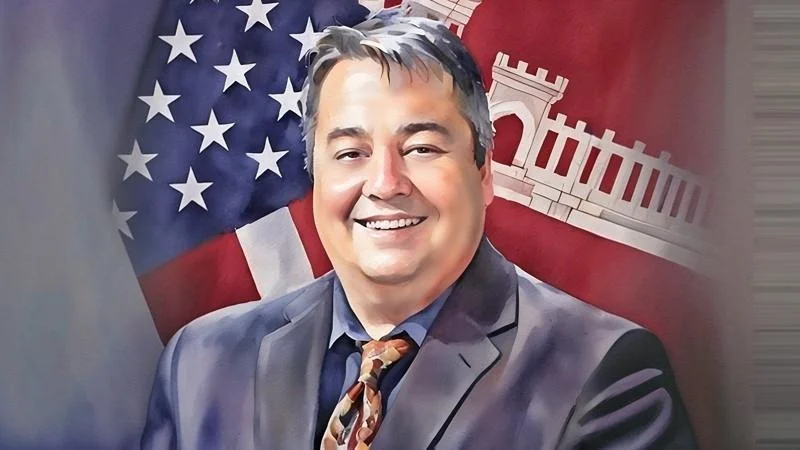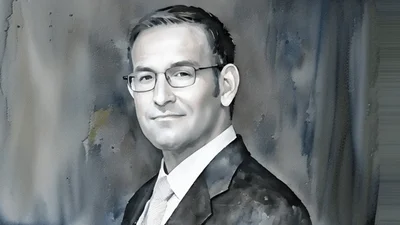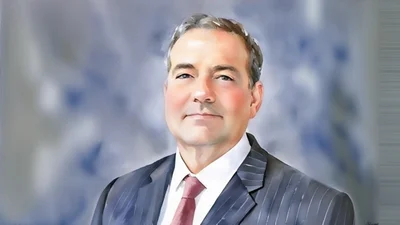Some of the policy debates over chemicals and food additives focus on what should count as “real” science and how policy should change as evidence improves. Lyle Burgoon, a toxicologist and president of the Center for Truth in Science, says regulation should follow data, weigh risks against benefits, and avoid panic.
Burgoon has worked in the U.S. Environmental Protection Agency and the Department of Defense. He also leads a nonprofit effort to help families and policymakers evaluate risk with practical tools.
“Science is a journey,” he says. “When you’re thinking like a scientist, you really do need to be open to changing your ideas.”
He credits advances in exposure science that can now find “things in our bodies that we never knew were there,” but warns that detection alone is not dangerous. “The presence of X does not necessarily mean harm,” he says. He pushes regulators to update dose-response assumptions for carcinogens, arguing that a 1950s mindset persists. “Policy is very recalcitrant to trying to change,” he says. “The science will get way ahead of it.”
Burgoon points to U.S. policies relating to asbestos as an example of emotionally-driven remediation. “The easiest thing to do is seal it–don’t remove it,” he says.
He applies the same thinking to food chemistry. “One of the things that I like to do is desensitize people by giving them the ingredient list of an apple,” he says. “Citric acid is in orange juice… we have an entire biochemical cycle called the citric acid cycle, and if the citric acid isn’t there, you would die.”
Burgoon says he worries about studies that look scientific but use “shaky” methods. “We define pseudoscience as anything that has the trappings of science… but the actual data underlying it isn’t very good,” he says, citing tiny samples, wrong exposure routes, and uncalibrated instruments. “Small sample sizes actually drive more false positives,” he adds, invoking the “belief in the law of small numbers.”
Industry toxicology, he says, must meet good laboratory practice with audits and calibrations; academic labs face different constraints.
Correlation and causation are another trap, according to Burgoon. “There are all kinds of crazy correlations that aren’t actually causation at all,” he says, urging scrutiny of study design and effect sizes. “What people will do is dress it up… then when you go into actual risk, it’s like 1.1 or less. It doesn’t actually move the needle.”
Comparative risk assessment, in his view, should shape rules across agencies. “Most people can’t think beyond first-order effects,” he says. He uses the pandemic to illustrate second-, third-, and fourth-order consequences that decision-makers “don’t think about,” then argues the Office of Management and Budget should institutionalize multi-order analysis. “It is a cost saver down the road,” he says.
He also rejects the tendency to cite Europe’s rules as exemplary, particularly relating to food safety. “People say Europe bans these dyes. In fact, the United States has banned more dyes than Europe,” he says. Cultural preferences about color and presentation, according to him, drive different market choices more than toxicology.
The challenge that results from loose science, Burgoon says, is a “reemergence of the nanny state,” especially via state-by-state bans. For example, he views the result of state rules that sidestep FDA as often only shrinking options for consumers. “Companies may just say, I’m done with this particular state,” he says.
On the other hand, Burgoon cautions against regulatory capture, where industry experts prevent alternative data and views. He believes official advisory panels need balance. For example, Burgoon says EPA’s children’s health committee, where he once represented small business, is “captured by environmental NGO groups” and “they’re actively trying to silence anyone who dissents.” He urges a reset of membership and a return to transparent evidence standards.








